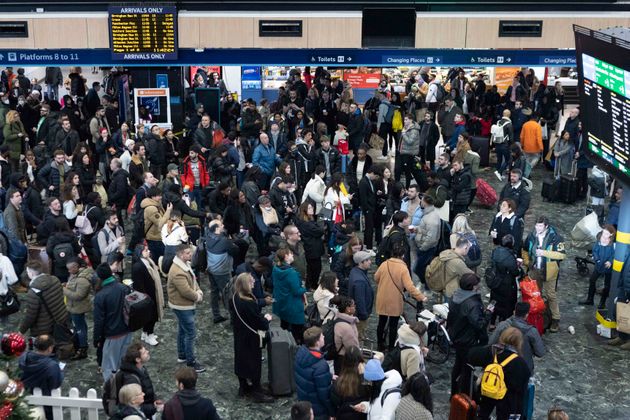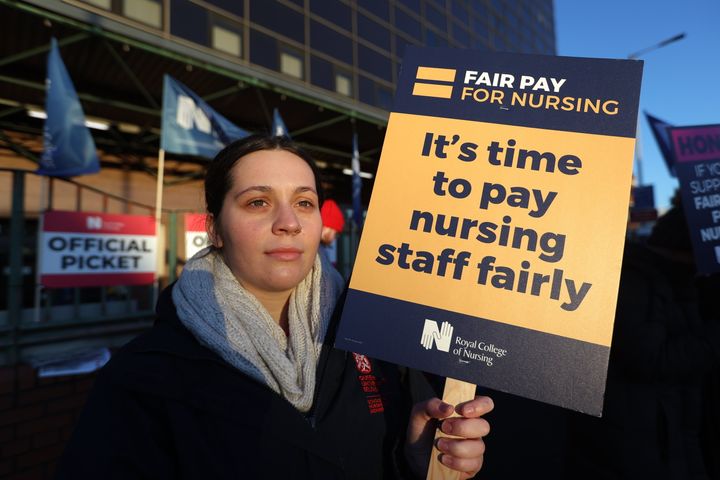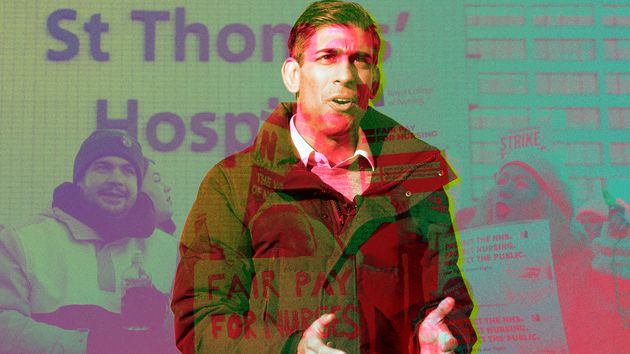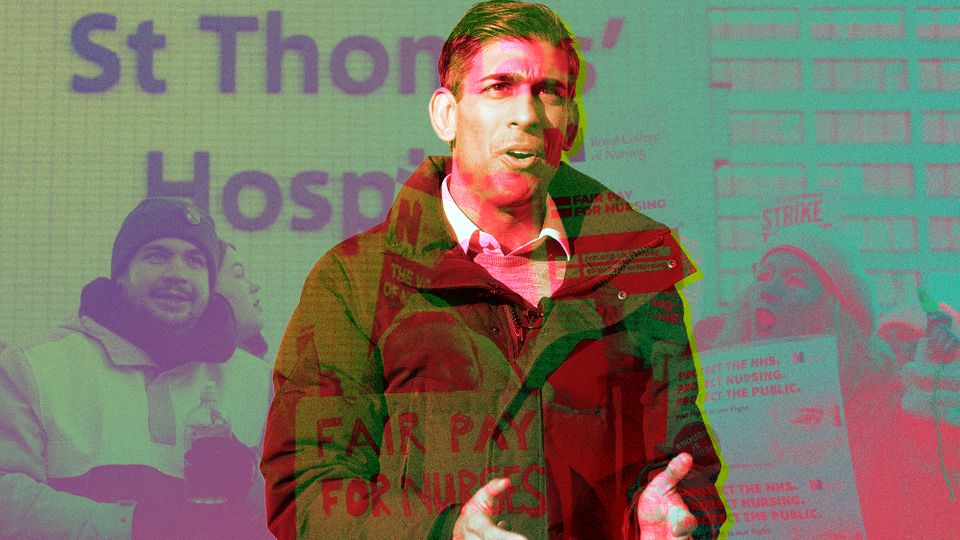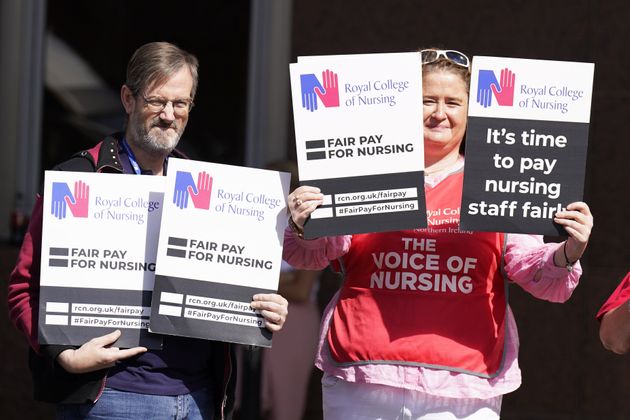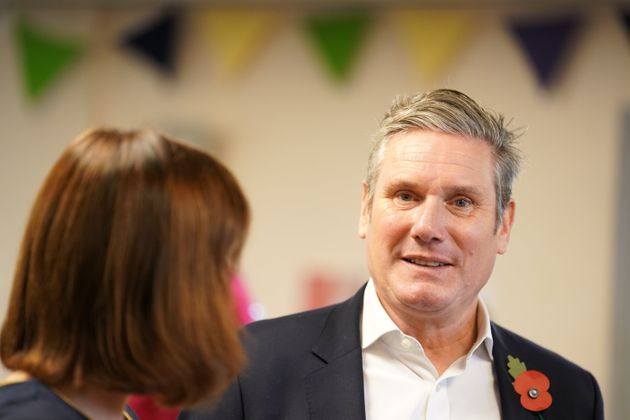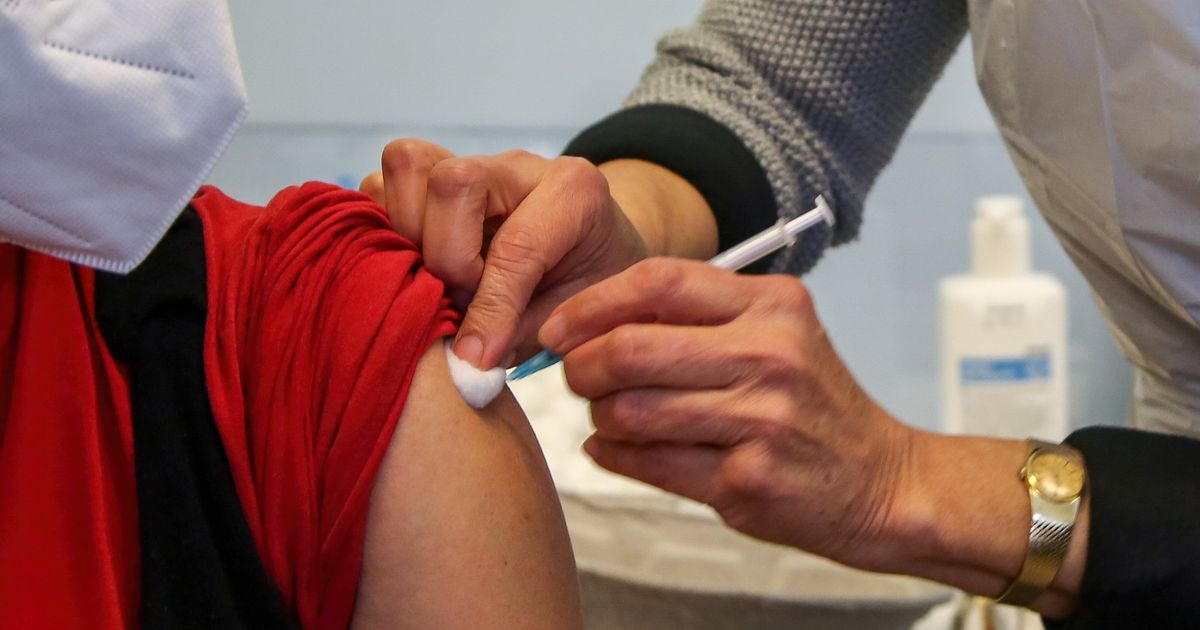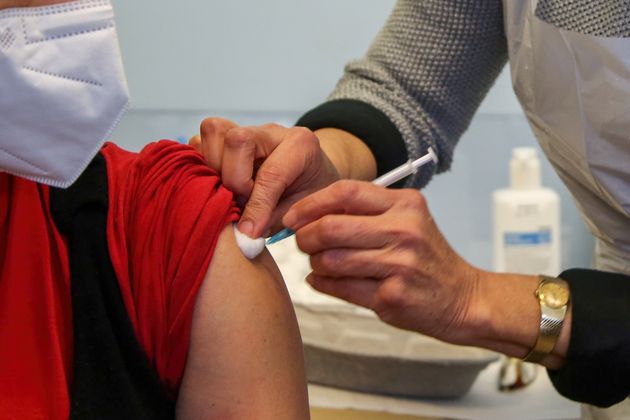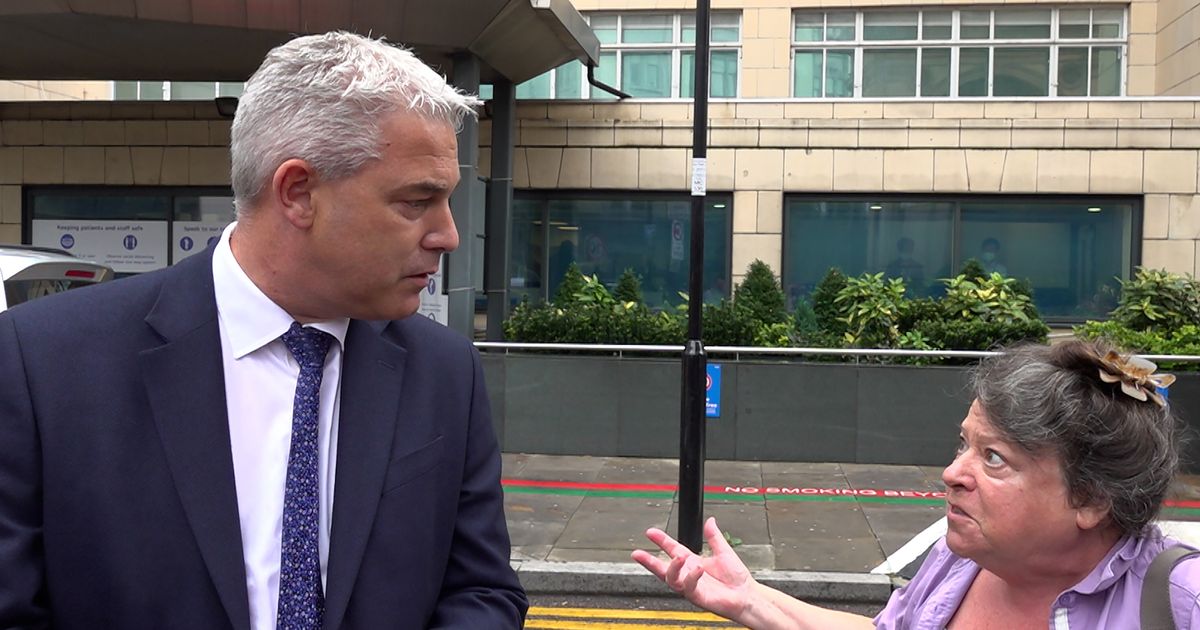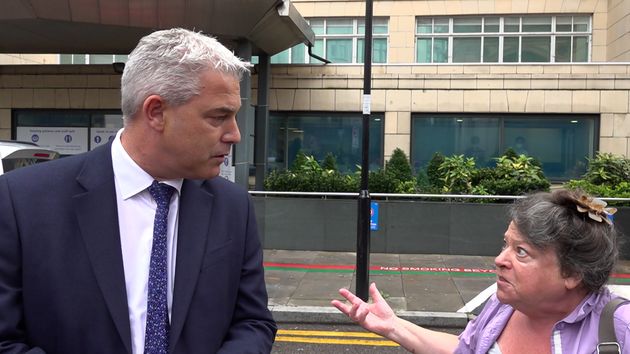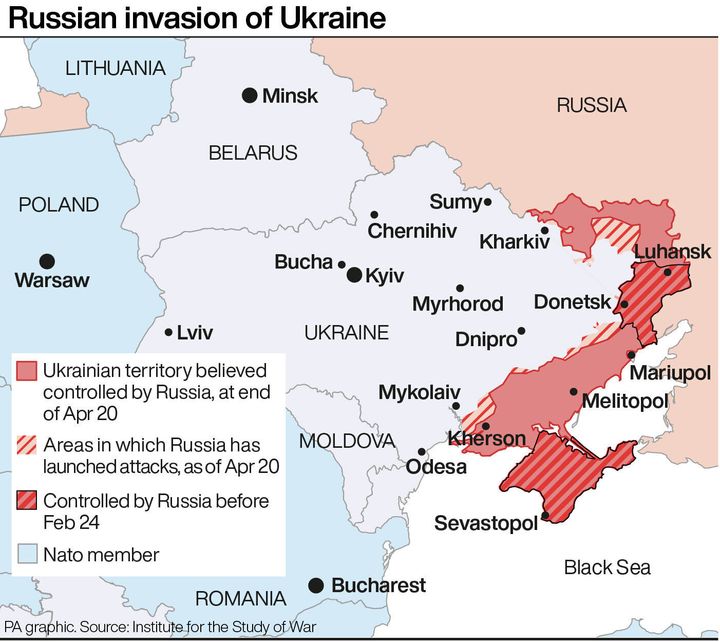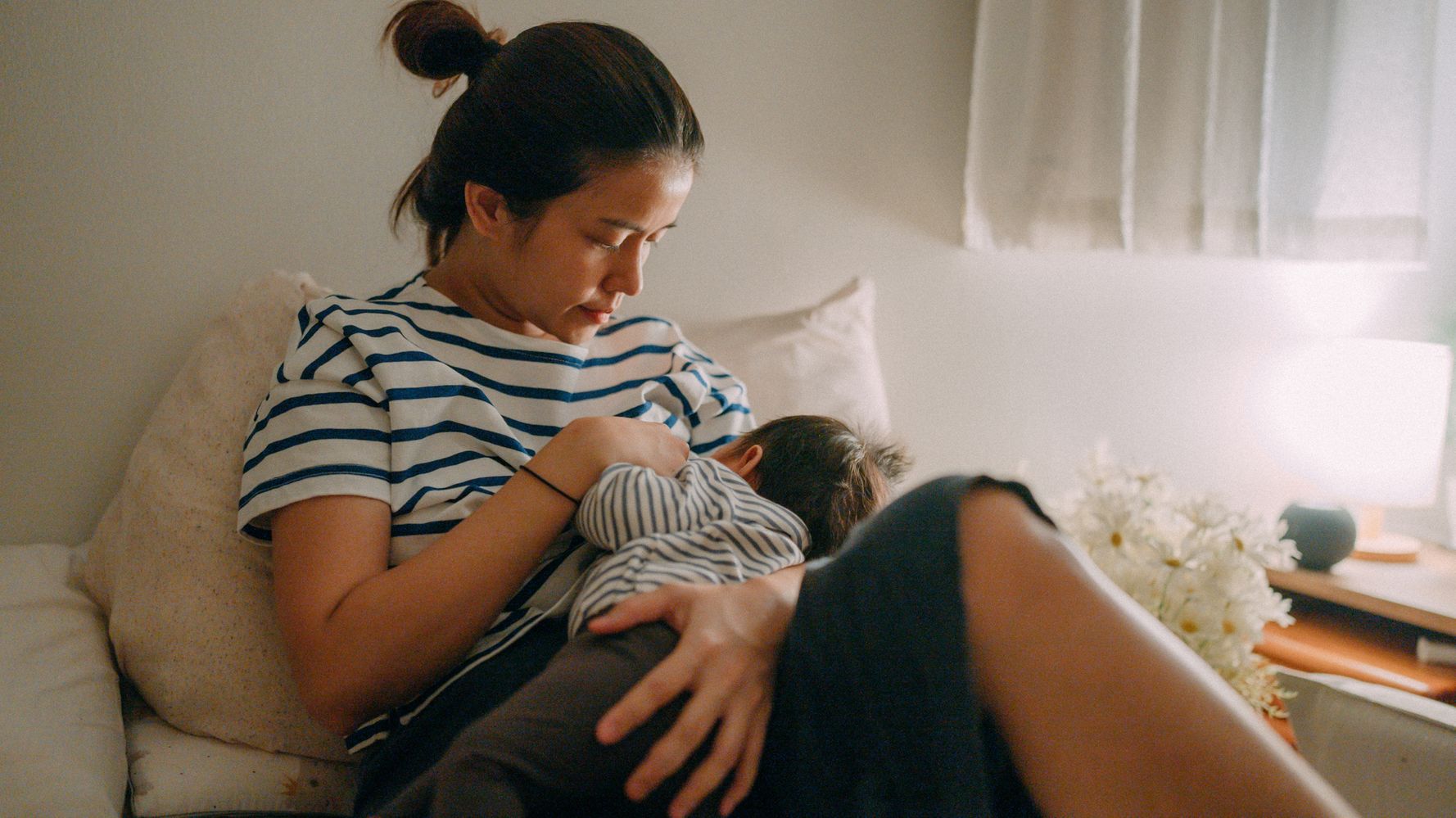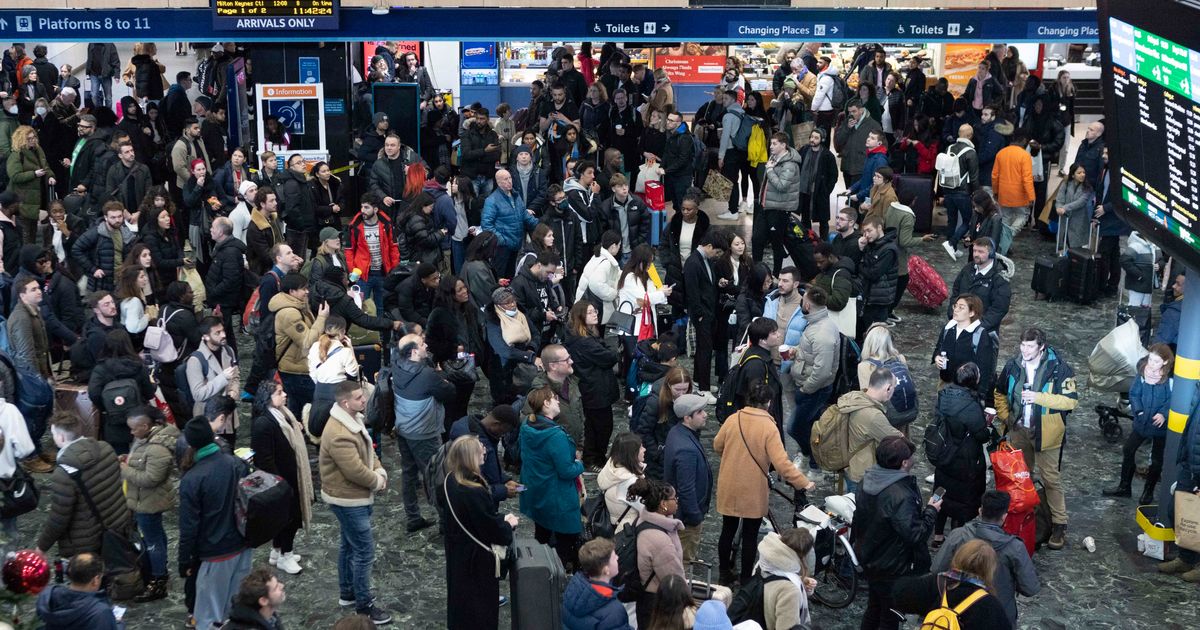
With Christmas done and dusted, many of us are now looking forward to New Year and the fresh start it brings.
However, strike action has only just begun, with more dates planned across different industries into January.
Advertisement
Bus drivers, ambulance drivers, rail staff and more are all set to take action in the coming week, with disruption expected as a result.
Here’s everything you need to know ahead of the strikes in January 2023.
Rail strikes
Strikes by the RMT and ASLEF trade unions will bring rail services to a halt across the UK from Tuesday January 3 to Saturday January 7.
RMT union members at Network Rail are striking once more over pay and conditions.
The train strikes will affect the following train operators:
- LNER
- Northern trains
- Avanti West Coast
- Southeastern
- Cross Country
- Chiltern Railways
- Greater Anglia
- Govia Thameslink (plus Gatwick Express)
- London Underground
- West Midlands Trains (plus London Northwestern Railway)
- Great Western Railway
- Transpennine Express
Mick Whelan, general secretary of ASLEF, explained the reasoning for the strike action: “We don’t want to go on strike but the companies have pushed us into this place. They have not offered our members at these companies a penny – and these are people who have not had an increase since April 2019.”
Advertisement
People are being advised to avoid travelling between January 3 – 7 if possible.
Highway workers strikes
If your plan to get around the railway strikes was to take to the roads, we’ve got some bad news.
National Highways traffic officers in the PCS union across the UK will strike on January 3 and 4.
The strike action will see control centre staff walk out and officers will normally deal with the aftermath of road accidents will also stop work on the two dates.
The PCS union says the walkout could cause delays to reopening carriageways and motorways affected by any accidents on the strike action dates.
Nurses
The Royal College of Nurses (RCN) has announced strike action on January 18 and 19 in England following previous action on December 15 and 20.
The RCN wants members to see a pay rise of 19%.
RCN general secretary and chief executive Pat Cullen said: “The government had the opportunity to end this dispute before Christmas but instead they have chosen to push nursing staff out into the cold again in January.
“I do not wish to prolong this dispute, but the Prime Minister has left us with no choice.”
Ambulance drivers
Some ambulance staff in England will take part in two strikes next month, on January 11 and 23.
Services in London, Yorkshire, the North West, North East and South West will be affected as union members campaign for pay rises that are above inflation rates.
Advertisement
The strikes will affect non-life threatening calls only but is likely to put even more pressure on emergency care.
Bus drivers
Meanwhile in London, Abellio bus drivers in south and west London will take action over eight days throughout January.
The strikes will take place on January 4, 5, 10, 12, 16, 19, 25 and 26.
Transport for London has urged Unite and the Abellio bus company to work together to avoid disruption, with some of the proposed strike dates clashing with RMT train strikes.
Teachers in Scotland
Two teachers’ strike days will take place in Scotland in January 2023.
Teachers will walkout on both January 10 and 11 after a 6.85% increase for the lowest paid was rejected.
Although the action is currently exclusive to Scotland, teaching unions in both England and Wales are balloting members over pay, which could mean strikes further south in the coming weeks.
Advertisement
RCN general secretary and chief executive Pat Cullen said: “The government had the opportunity to end this dispute before Christmas but instead they have chosen to push nursing staff out into the cold again in January.
“I do not wish to prolong this dispute, but the Prime Minister has left us with no choice.”
Ambulance drivers
Some ambulance staff in England will take part in two strikes next month, on January 11 and 23.
Services in London, Yorkshire, the North West, North East and South West will be affected as union members campaign for pay rises that are above inflation rates.
The strikes will affect non-life threatening calls only but is likely to put even more pressure on emergency care.
Bus drivers
Meanwhile in London, Abellio bus drivers in south and west London will take action over eight days throughout January.
The strikes will take place on January 4, 5, 10, 12, 16, 19, 25 and 26.
Transport for London has urged Unite and the Abellio bus company to work together to avoid disruption, with some of the proposed strike dates clashing with RMT train strikes.
Advertisement
Teachers in Scotland
Two teachers’ strike days will take place in Scotland in January 2023.
Teachers will walkout on both January 10 and 11 after a 6.85% increase for the lowest paid was rejected.
Although the action is currently exclusive to Scotland, teaching unions in both England and Wales are balloting members over pay, which could mean strikes further south in the coming weeks.

